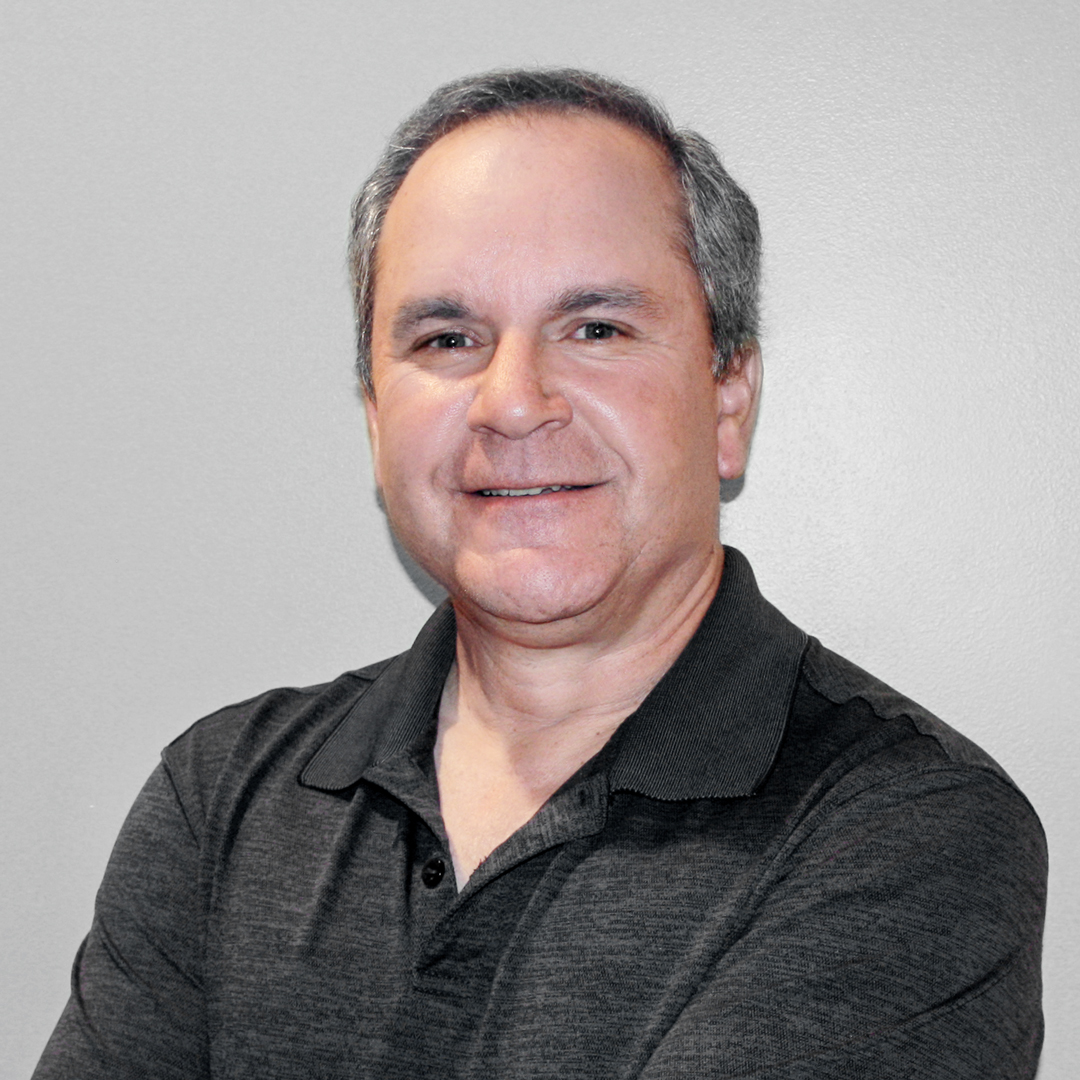The pressure to commit to a legal path comes on early and strong, according to Jon Lutinski. “I remember an interview I had in law school, with a law firm, and they asked what I wanted to do, litigation or transactional work; you don’t truly know until you experience both,” he says.
The vice president and senior antitrust counsel at American Express speaks from experience. In his more than thirteen years as a practicing attorney, he has managed to amass expertise in antitrust law from virtually every angle, including the public sector, private practice, and in-house work. He began his career at the Federal Trade Commission’s (FTC) Bureau of Competition, investigating and litigating reverse-payment cases in the pharmaceutical industry. Then, he moved to the firm of Wilson Sonsini Goodrich & Rosati in 2009, where he was heavily focused on litigating antitrust cases in pharmaceuticals before extending his skill set into the tech sector.
He joined American Express in 2015 and is part of a team covering antitrust matters for the entire business across the US and the rest of the world (except for Europe), including issues related to transactions, litigation, counseling, and compliance.
Today, Lutinski would be able to answer the question he faced in his interview many years ago, but he understands how difficult such decisions still are for young lawyers just starting out. Here, he offers some thoughts they might consider when charting their own professional course.
1) Be Ready to Jump In
Lutinski interned with the FTC between his second and third year of law school, but he still found himself in the deep end of the pool when he went to work for the organization after graduating. “I think my experience as a young lawyer in the government was critical to my development as an antitrust lawyer,” he says. “I was thrown into situations—running investigations, taking the lead on depositions—that made me grow up fast as a young lawyer and built up my confidence to handle a variety of situations, particularly with respect to litigation. It was a foundational experience.”
2) Try It All
While continuing to work for the FTC and as a litigator in private practice, Lutinski branched out into different aspects of antitrust law while still spending a great deal of time litigating. Sampling different roles and functions helped inform his understanding of what kind of lawyer he ultimately wanted to be. “It was critical to my career as an antitrust lawyer to have the ability to do both transactional work and litigation work in private practice—as well as practice substantively in different industries,” Lutinski says. “It’s important to experience both types of work to determine which you like better or whether you like the variety of having both.”
3) Don’t Feel Obligated to Commit
A lot of young lawyers experience outside pressure—as Lutinski did in his early interview—to choose a focus early. “Don’t define yourself too early as a litigator or a transactional lawyer,” Lutinski says. “Wait to make that judgment, or consider whether you even have to make that judgment. I don’t think it’s a great idea to label yourself too early in your career. You’re pushed earlier and earlier in law to choose, but the truth is you can have both a wide breadth and variety of experiences in law.”
4) Learn from What You Don’t Like
“I really like drafting motions and complaints, and I’ve had some incredible highs in litigation,” Lutinski says. “But, I’ve also had lows, where I’ve been fighting over documents or spending the day in a contentious deposition, fighting with opposing counsel over things that just do not seem critical.”
As his has career progressed, Lutinski has realized that when it comes to litigating, he prefers to act in a more strategic supervisory role and and provide client counseling to avoid litigation, as opposed to battling it out with opposing legal teams day after day. “I like doing the counseling piece of the work,” he says. “It’s fun working with the business folks and solving real business problems, understanding what they’re trying to do and helping them achieve those goals while minimizing antitrust risk.”
5) Get Practice with Non-Lawyers
Lutinski believes one of the most challenging things for lawyers is working well with non-lawyers who don’t have legal expertise. He suggests young lawyers get as much practice with this as possible, particularly if they’re looking to go in-house. “I think having significant client contact in private practice prepares you for working in-house,” Lutinski says. “Take as many opportunities to gain close client contact as possible. As an internal, in-house advisor, counseling is a principal piece of the work, and your clients are all repeat players.”
6) Be Willing to Do the Research
“Don’t be afraid to try new industries,” Lutinski says. “Prior to American Express, I had never done any work in the payments sector, but that was part of the attraction of the job. I had been doing pharmaceutical work for ten years and wanted to take a deep dive into a new industry. I think that’s why a lot of us go into antitrust as a career; we are interested in how different industries work—who are the players, what’s the emerging competition in the space, the flow of money in the market. So the fact that American Express was in the payments space was a major plus. I’m lucky to be at a company where continuing education about the industry is encouraged and expected.”


